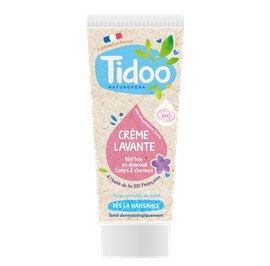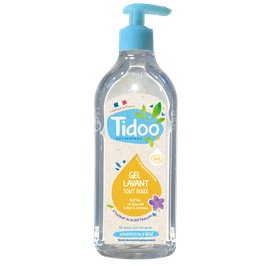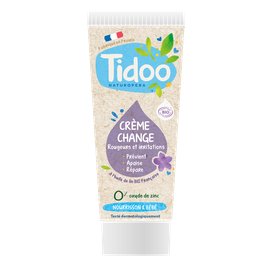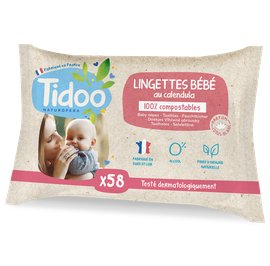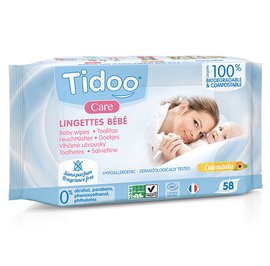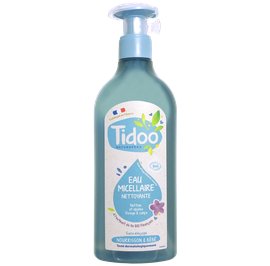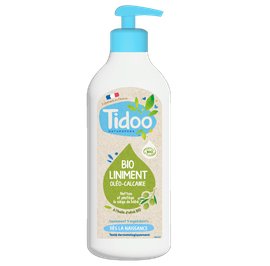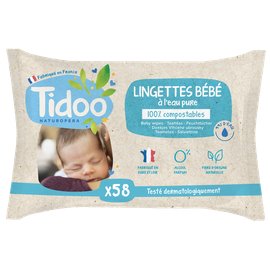TIDOO
Address and contact
92100 Boulogne Billancourt
FRANCE
Description
The numbers of consumers seeking natural and organic products are increasing. The most common reason for families taking interest, amidst multiple health related questions, is the arrival of a child. This concerns the baby’s daily nutrition and hygiene: areas where quality has to be immediately recognisable and not one factor neglected. That’s what led to the birth of Tidoo.
A market left behind
Tidoo is a company created in 2013 by Geoffroy Blondel de Joigny and Killian O’Neill, both experienced in business and communication and sharing a passion for quality and sustainable products. It’s a young company which has nevertheless already proved its dynamism and method in its sector. “We produce and sell ecological hygiene and organic health products for babies: nappies, training nappies (for infants over 2 years), and toilet and changing products. Our priority is for parents to benefit from the “extra” they expect from big brands, explains Geoffroy Blondel de Joigny, who is co-founder of the company. We started from a simple idea: how come specialist baby food jars have sold so well while ecological nappies have so far been less successful? “
“Consumers have had a choice: The organic outlets offer a wide range of disposable nappies, even greater than that offered in supermarkets. Neither do washable nappies explain this failure, as only 3% parents will buy these. We realised that the baby hygiene brands were offering a choice that didn’t suit the needs of consumers in terms of quality, efficiency, price as well as commercial targeting and marketing”.
In search of efficiency
Efficiency is the most important criteria for parents buying nappies: It can be seen, says “Killian O’Neill, that the specialist products available to this day are not of high quality, and this has been accepted by a number if organic outlet owners. Many of them admit, as do their clients, choosing to purchase their children’s nappies from supermarkets instead of those sold in their own shops! “.
Finding efficiency in nappies, with absorbent (“anti-leak”) properties being the most important, can only come from focusing on some specific points. As Mr O’Neill explains: “Making a good nappy starts with a good absorbent pad, with the famous “super-absorbent” used by all brands and supplemented by a “collection veil” designed to drain and trap liquid at the bottom of the pad. Its job is to remove the liquid from the surface of the nappy. Another point, which not all brands pay attention to, is the quality of fasteners: they must extend correctly and easily reposition to allow the nappy to fit the baby’s waist. Without this essential, the nappy will become loose and there will be leaks. Leaks will be prevented using 3-elastic anti-leak barriers, and close knit non-stick panels, another technique that is not widespread”.
“Mothers, who pay great attention to nappy softness inside and outside, complain that ecological nappies are rough. Thanks to our non-woven technique, our nappies have a velvet touch to rival the leading brands. The nappy must let the skin breathe or it can cause redness of the skin, but it must remain waterproof. Finally, the pad must have an anatomic shape around the thighs – non-rectangular – to help the baby walk. Nothing has been left out in the design of our nappies and it can be seen: they won the prize for “Best Ecological product 2015” by a jury of buyers and testers! “.

